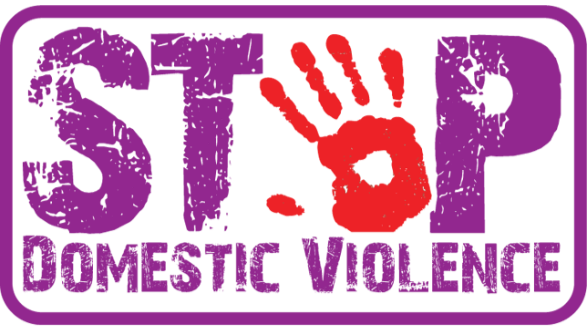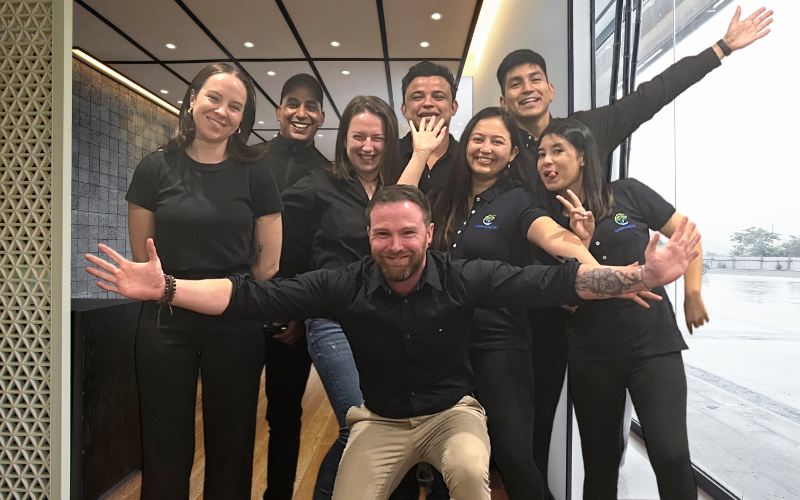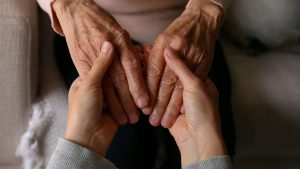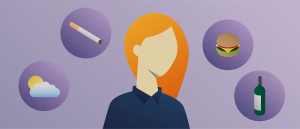Breaking the Silence: Addressing Domestic Violence Within the Disability Community

Domestic violence is a significant issue that affects millions of people worldwide. However, for individuals with disabilities, the risk of becoming a victim of domestic violence is heightened due to their increased vulnerability and limited access to resources and support. In Australia, one in four women with a disability experiences some form of domestic violence in their lifetime. Unfortunately, this issue is often overlooked, and it is time to break the silence and address domestic violence within the disability community
1. Understanding Domestic Violence within the Disability Community:
Domestic violence is not only limited to physical abuse but can also come in the forms of emotional, sexual, and financial abuse. Individuals with disabilities are more susceptible to abuse due to their dependent status and vulnerability. Often, perpetrators may take advantage of an individual’s disability by using factors such as communication barriers against them. According to the Australian Bureau of Crime Statistics and Research, people with disabilities are at a higher risk, with those with sensory disabilities being the most at risk.
2. Barriers to Seeking Help for violence:
Individuals with disabilities face a unique set of barriers that can make it challenging to seek help and support. These include a lack of accessible resources, inadequate training for service providers, and communication barriers. Additionally, individuals may face stigma, both for being a victim of domestic violence and for having a disability. Fear of retaliation from the perpetrator can also be a significant factor in why individuals are hesitant to speak up and seek help.
3. Improving Support and Resources:
To address domestic violence within the disability community, we must focus on improving the resources and support services available. This includes implementing accessibility measures such as providing sign language interpreters and accessible information materials. Service providers should receive adequate training to enable them to cater to the specific needs of individuals with disabilities effectively. Additionally, programs that aim to bring together individuals with disabilities who have experienced domestic violence can provide much-needed support and a sense of community.
4. The Importance of Advocacy:
Advocacy plays a crucial role in breaking the silence and addressing domestic violence within the disability community. Advocacy can include raising awareness of the issue and calling for the implementation of additional support and resources. Additionally, advocating for improved policies and legislation that protect individuals with disabilities, such as the National Disability Strategy, is critical in ensuring that this issue is taken seriously by all.
5. Moving Forward against violence:
Breaking the silence surrounding domestic violence within the disability community in Australia is crucial for creating positive change. By raising awareness, improving access to resources and support, and advocating for change, we can create a more inclusive and safe society. It is essential to remember that individuals with disabilities have the right to live life free from violence and abuse, and we all have a role to play in making this a reality.
Conclusion:
Domestic violence is a pervasive issue that affects millions of individuals worldwide. The disability community is particularly at risk, with limited access to resources and support. Breaking the silence surrounding domestic violence within the disability community in Australia is crucial for creating change and ensuring that individuals with disabilities can live life free. We must focus on improving accessibility, providing adequate training for service providers, and advocating for policy and legislative change. By taking these steps, we can create a more inclusive and safer society for all.
Book a free Consultation with us today!
Mobile : 1800960068
Email : contactus@iseeksupport.au









